In today’s rapidly evolving manufacturing landscape, environmental sustainability is becoming more than just a buzzword—it’s a crucial part of a company’s identity and operations. As the demand for water flossers grows, manufacturers must consider how they can minimize their environmental impact while maintaining high-quality production. In this blog, we’ll explore practical steps that a water flosser factory can take to achieve green production, focusing on energy saving and emission reduction. https://www.powsmart.com/contact-us/
Energy consumption is one of the largest contributors to a factory’s environmental footprint. Water flosser factories can make significant strides in reducing energy usage by incorporating energy-efficient machinery and adopting smart energy management systems. For example, upgrading to energy-saving motors and automated systems can optimize production workflows, resulting in reduced energy consumption without compromising output quality.
In addition, utilizing renewable energy sources, such as solar panels or wind energy, can greatly contribute to the factory’s overall sustainability efforts. By making these adjustments, a water flosser factory can significantly cut down on its carbon footprint, helping achieve energy saving and emission reduction goals.
Water is an essential component of water flossers, but it’s important to consider how much water is used during the manufacturing process itself. Water flosser factories can implement water recycling and filtration systems to reduce the amount of fresh water required in production. By reusing water for testing and cleaning, factories can minimize waste and conserve this precious resource.
Moreover, optimizing water flow during production can help reduce unnecessary waste. Small adjustments, such as installing water-saving nozzles or controlling water pressure, can result in substantial savings over time.
The materials used in producing water flossers—such as plastic, metal, and silicone—can have a significant impact on the environment, especially when not sourced sustainably. Water flosser factories can reduce their carbon footprint by prioritizing the use of recycled or eco-friendly materials. Choosing materials that are recyclable or biodegradable can also aid in reducing waste after the product’s lifecycle.
Partnering with suppliers who follow sustainable practices and ensuring that raw materials are responsibly sourced helps support a circular economy. This is an important step in reducing the environmental impact of manufacturing while contributing to global sustainability.
Effective waste management is essential in ensuring that production processes are as eco-friendly as possible. A water flosser factory can implement strategies to minimize waste, such as reusing excess material and reducing packaging. Factories can also recycle scrap materials like plastics, metals, and packaging materials, keeping them out of landfills.
For factories that produce large volumes of waste, the installation of waste-to-energy systems can help convert non-recyclable materials into energy, contributing to both emission reduction and energy savings. Moreover, a well-structured waste management plan can improve a factory’s overall sustainability performance.
Packaging plays a significant role in a product’s overall environmental impact. For water flossers, packaging typically consists of plastic and cardboard, which can be wasteful if not handled properly. A water flosser factory can reduce its environmental impact by switching to sustainable packaging options, such as biodegradable or recyclable materials.
Additionally, the design of the packaging should be optimized to minimize material usage while still ensuring the product is protected during transit. This reduces both the carbon footprint associated with the production of packaging materials and the environmental impact of transportation.
To ensure a consistent and credible approach to green production, water flosser factories can pursue green certifications, such as ISO 14001 or other industry-specific environmental standards. These certifications provide a framework for continuous improvement in sustainability efforts and demonstrate a factory’s commitment to reducing its environmental impact.
Complying with local and global regulations concerning emission reduction, waste management, and energy consumption is also critical. By staying up to date with these standards, water flosser factories can ensure they are meeting environmental requirements while also contributing to a greener future.
Achieving green production in a water flosser factory is not just about reducing environmental impact; it’s about creating a sustainable future for both the industry and the planet. Through energy-saving measures, water conservation, sustainable material sourcing, waste management, eco-friendly packaging, and adherence to green certifications, factories can significantly contribute to the ongoing efforts of emission reduction. As consumers increasingly demand environmentally responsible products, adopting these practices will not only benefit the planet but also give water flosser manufacturers a competitive edge in an eco-conscious market.
By making these changes, water flosser factories will not only support their sustainability goals but also inspire others in the industry to follow suit, helping to create a cleaner, greener world for all.
.jpg)
Which Electric Toothbrush is Best for Kids in Chicago?
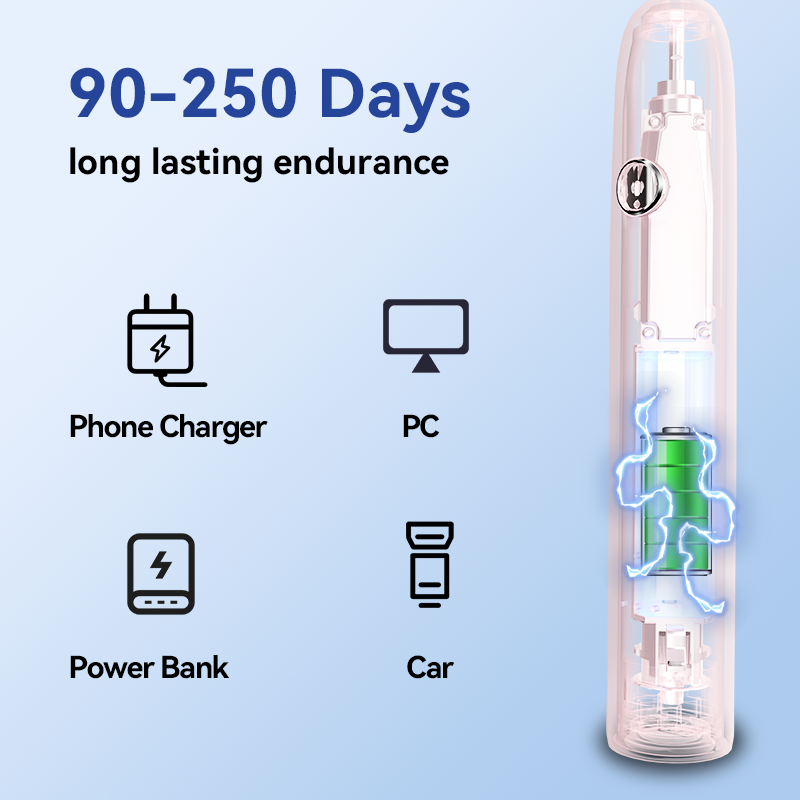
Can the Battery Health of Electronic Oral Cleaning Products Be Restored?
Bulk Kids Electric Toothbrush Supplier Tacoma Schools | Affordable Oral Care
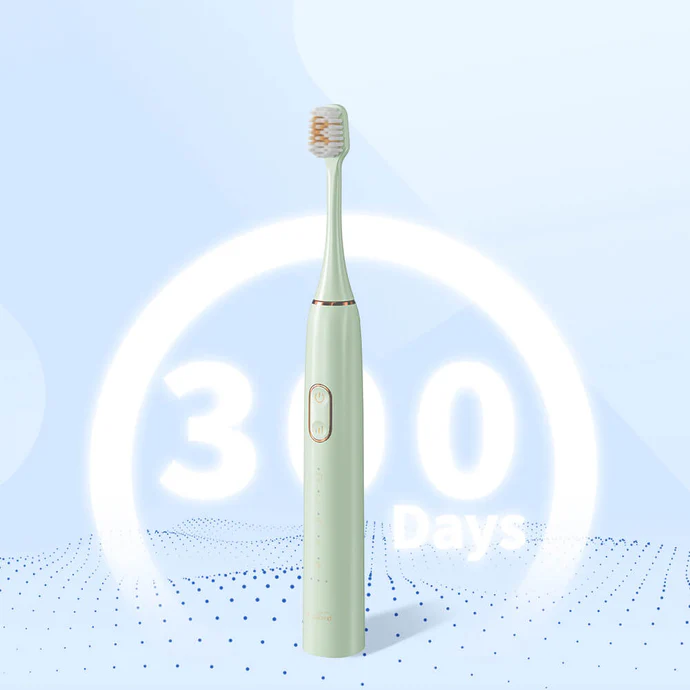
Cracked a crown? Tacoma repair services for dental crowns — fast?
Electric Toothbrush with App Connectivity – Smart Oral Care for B2B Markets
.jpg)
Why an Ahmedabad family gift favors an Ayurvedic neem toothbrush
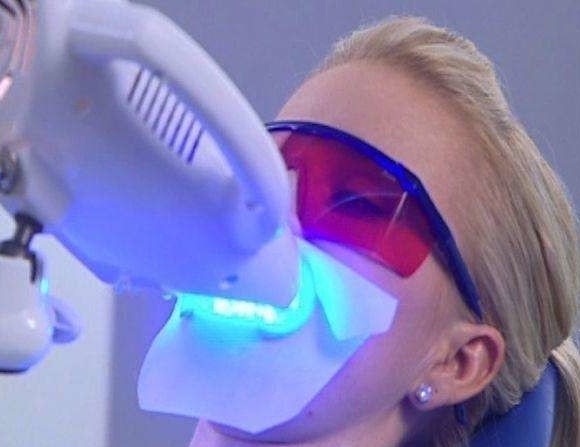
Why is There Such a Big Price Difference Between Teeth Whitening Kits on the Market?

Retiree Toothbrush Florida vs. Florida Whitening Brush — Which One Should You Make?
How Do Dock Failure and Battery Swelling Threaten Safety?
.jpg)
Reasons for Water Flosser Leaking Problems: OEM Design Insights
Does Toothbrush Battery Life Impact Gum Recession Risk?
.jpg)
Do Teeth Whitening Pens from Seattle Suppliers Deliver Salon Results?
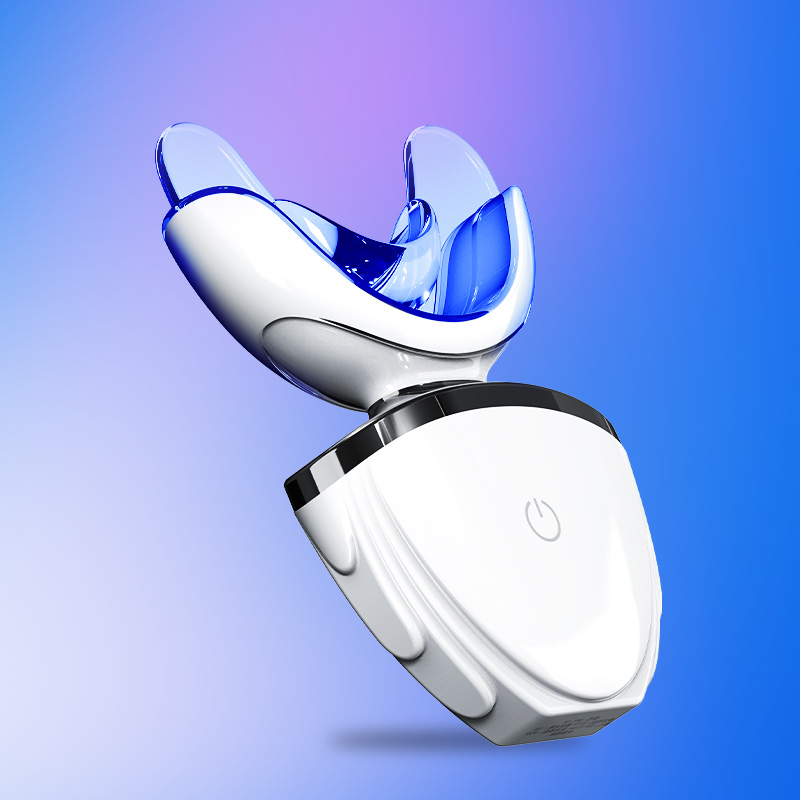
Is Toothbrush for Coffee Stain Teeth’s Whitening Mode Ineffective?
Electric Toothbrush Supplier Alabama | Corporate & Dental Partners
Electric Toothbrush Houston – Advanced Oral Care for Bright Smiles

Smart Toothbrush App Development – Texas OEM Integration Services
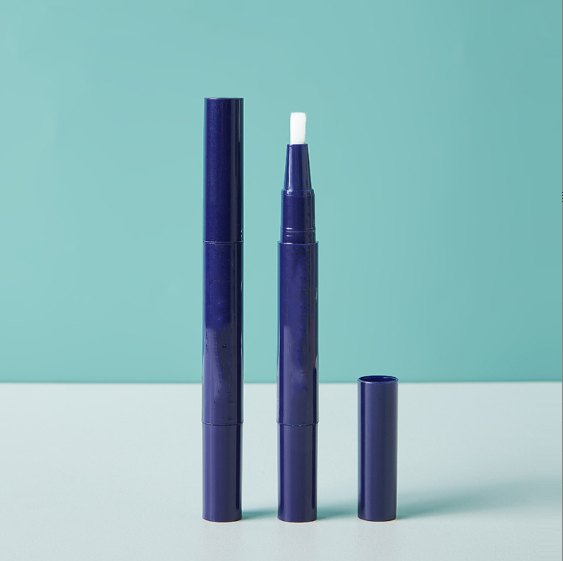
Private Label Whitening Gel
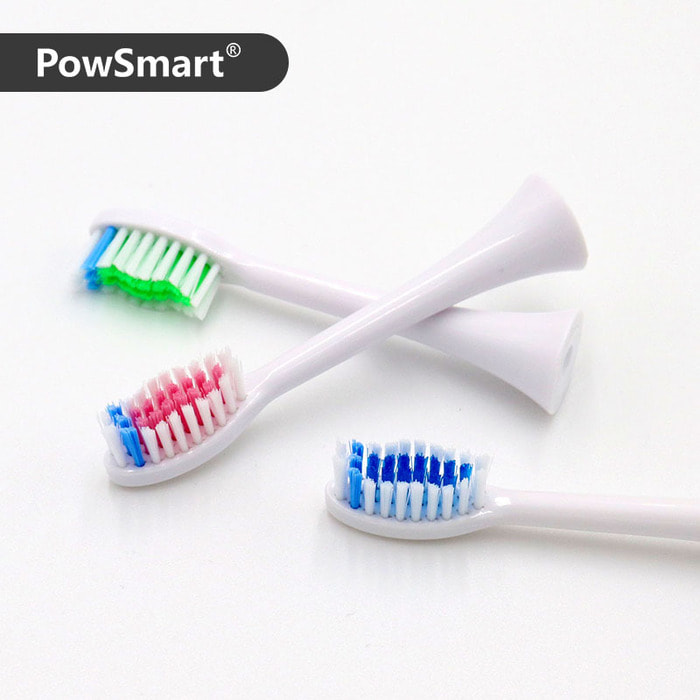
electric toothbrush heads Regular Clean
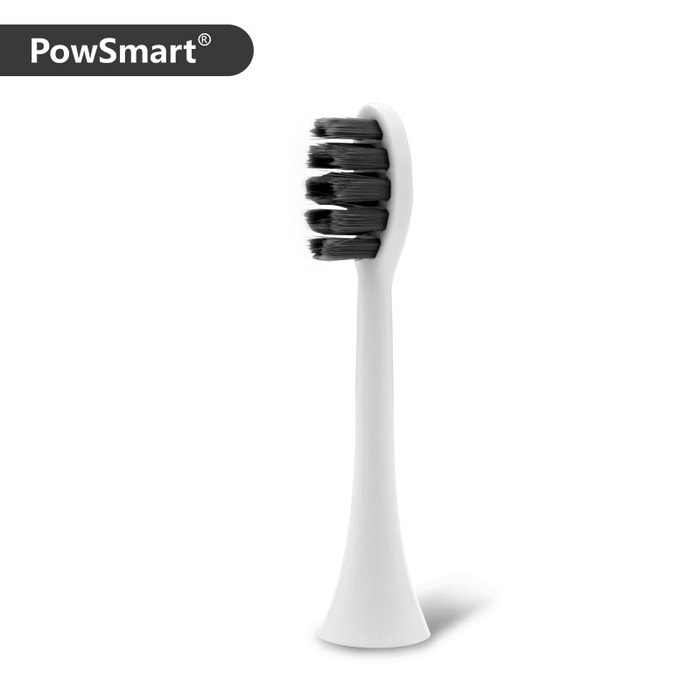
Electric toothbrush heads Charcoal Infused-Diamond
.jpg)
Florida Electric Toothbrush – Powsmart PTR-C8
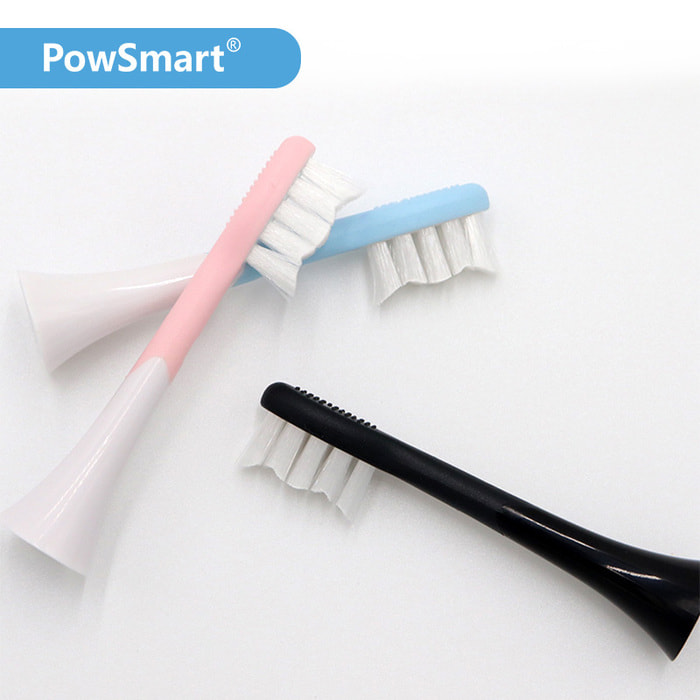
electric toothbrush heads Ultra Soft
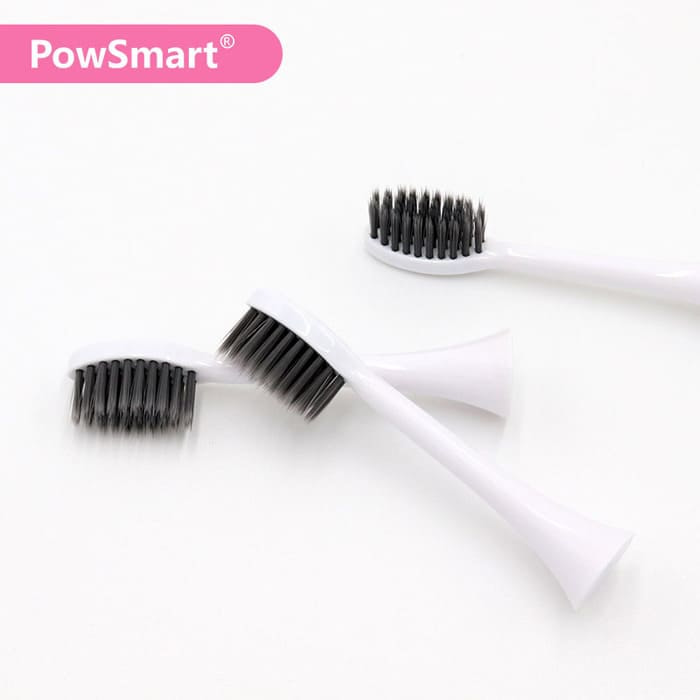
electric toothbrush heads Charcoal Infuse-Round
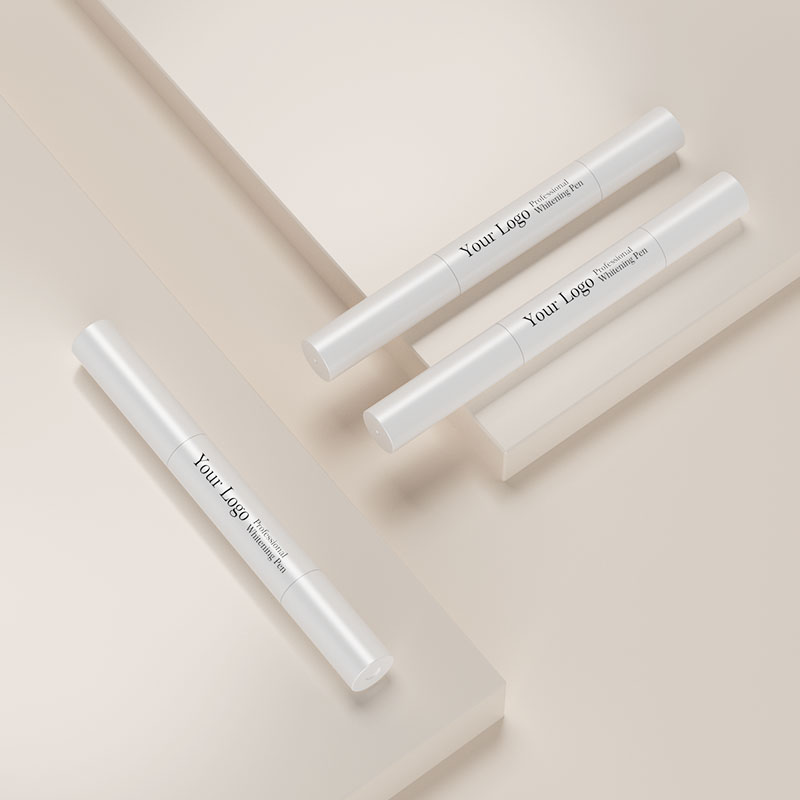
Customization Teeth Whitening Gel
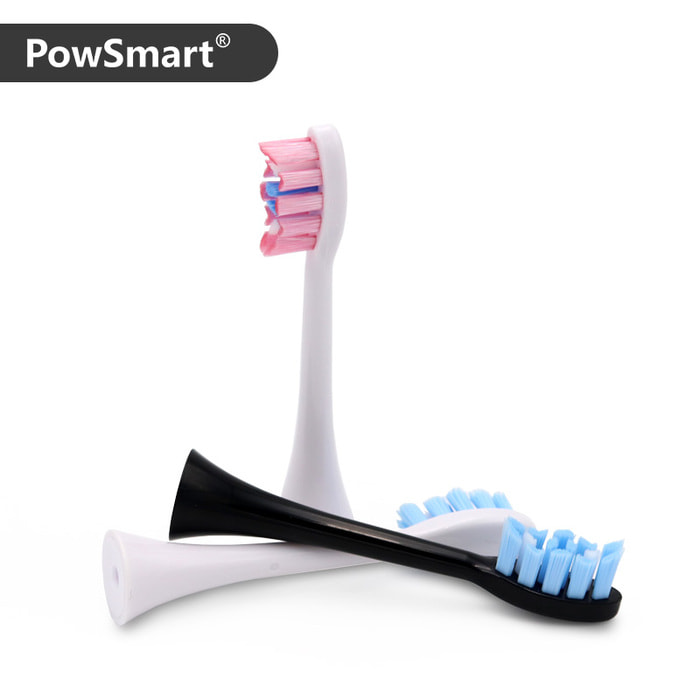
electric toothbrush heads Deep Clean
whstapp
whstapp
National Toll-Free Service Hotline
+86 755 86238638